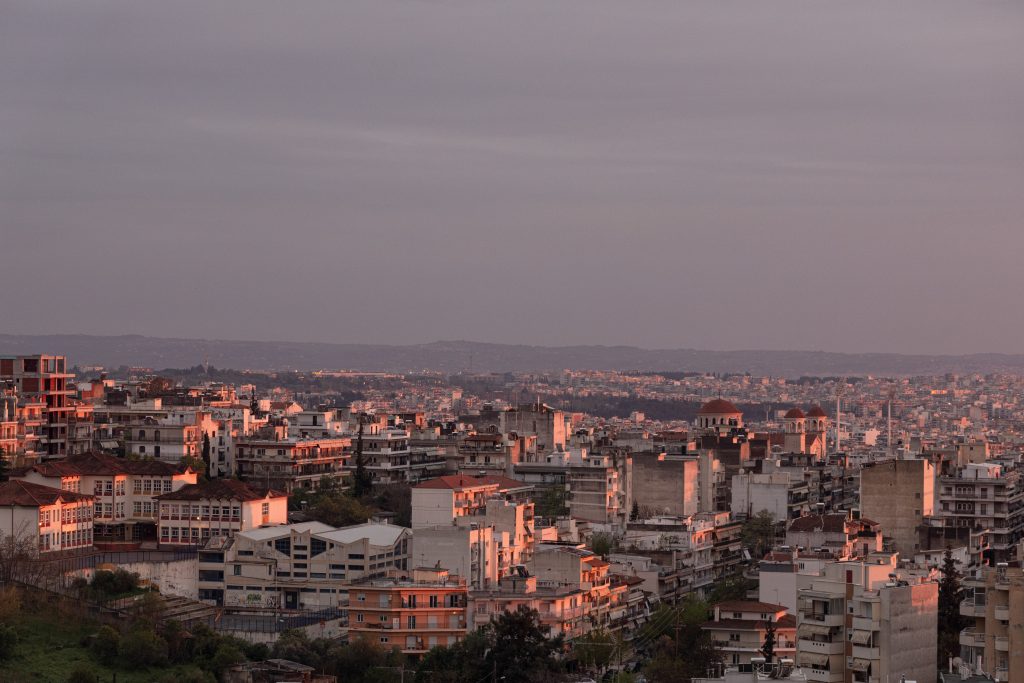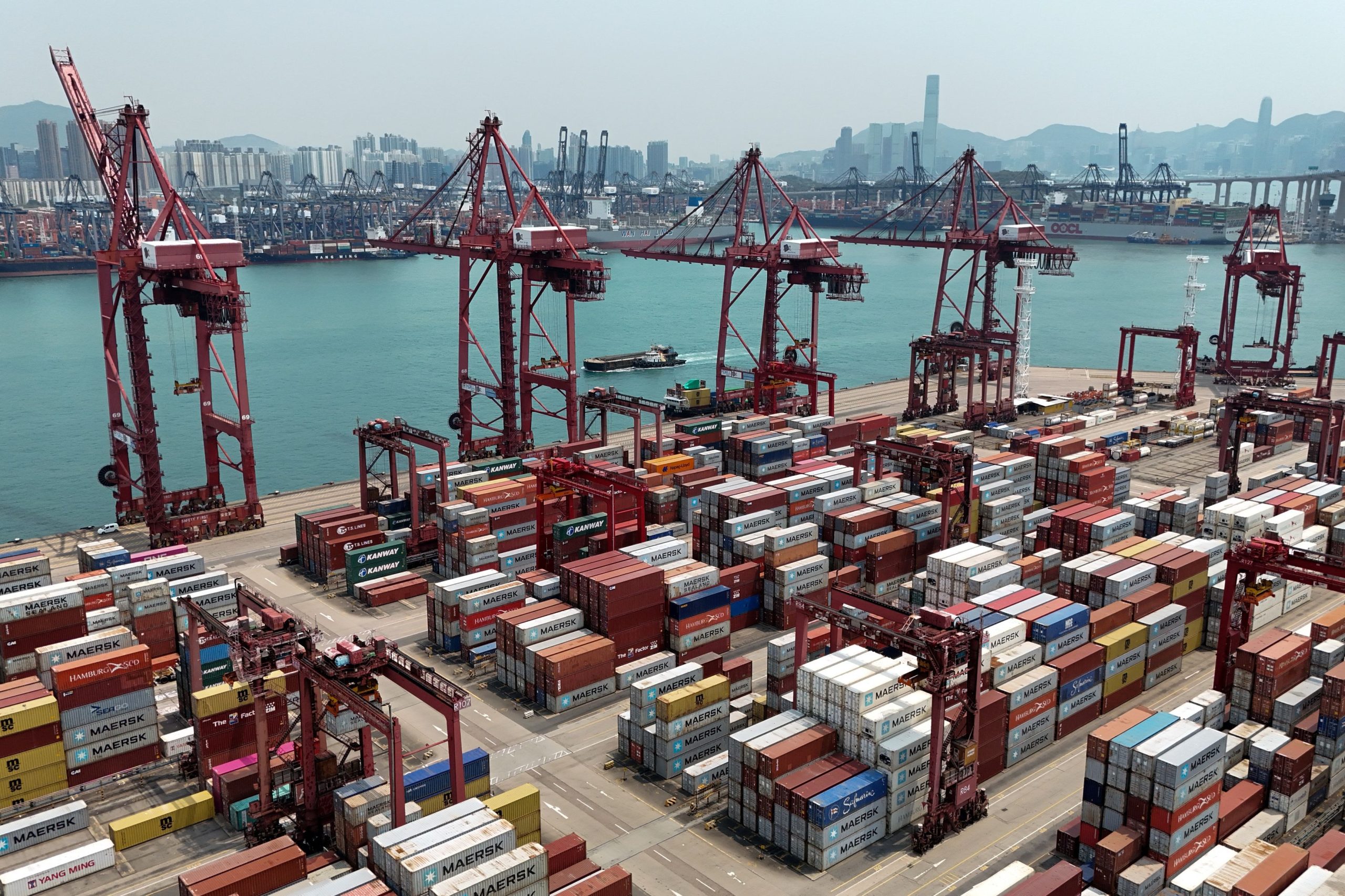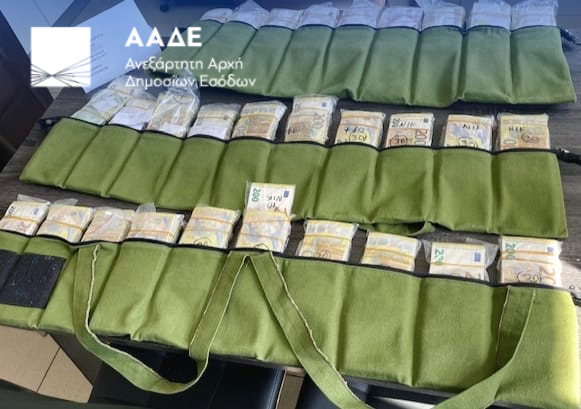The possibility of legalizing the large arbitrary structures of the so-called “Category 5” will be reinstated in the next period by the Ministry of Environment and Energy (YPEN). These are buildings with excesses of more than 40% of the urban coverage and building sizes and more than 20% of the permitted height, or buildings that lack any legitimacy as they have been built without a building permit.
The relevant regulation is ready and is planned to be included in the draft law on urban regeneration which is still being processed and is expected to be ready towards the end of the month. However, if this is delayed, it cannot be ruled out that it will be introduced as an amendment to one of the next bills that will be forwarded for a vote in the Parliament in the next period, as the official of the Ministry of the Interior told OT.
The deadline
It is noteworthy that the deadline for settlement of all “Category 5” arbitrary buildings had expired in the fall of 2020, and it was not possible to settle outstanding issues through the Building Identity app, as was done for the remaining categories of delicts (1 to 4). Grace had been given only for certain sub-categories of “5” such as for arbitrariness of banks from auctions, from inheritances, real estate with a leasing contract, arbitrariness of the Greek State Real Estate Company-ETAD, etc.
The much-anticipated regulation — by engineers and squatters alike — will cover large-scale urban planning violations committed before July 28, 2011 — a date that is the temporal “red line” on all squatter legalization laws, which has also been accepted by the Council of State (Council of State). Arbitrary buildings built after July 2011 (many of them on islands with high land value, such as Mykonos) or located within forests, coastal, protected areas are demolished.
The safety valve
The new regulation will provide as a “safety valve” a mandatory check on all applications by a building inspector in order to establish that they are not located in “restricted” areas and have not been built after July 2011. Also, the largest percentage of funds (approx. 60%) that will be collected from the fines, which are expected to be larger compared to the rest of the arbitrary building categories, will be given to the municipalities, through the Green Fund, in order to proceed with the road expropriations which, for lack of money, are stagnant here and decades.
Fine
By paying the fine, the owners of “Category 5” buildings will be able to keep them for 30 years. However, in order to legitimize them, when the “Land Bank” counters open, they will have to purchase Building Factor Transfer (BDF) titles.
The establishment of the famous Land Bank (law 4178/13) was made about a decade ago with the aim of facilitating the exemption from the demolition of arbitrary buildings with major violations, as until then this exemption ran into the Council of State (Council of State), which considered it unconstitutional. The reasoning, so that the law would not be challenged by the judgment of the Supreme Court of Cassation, was that the arbitrators should purchase from the Bank construction rate transfer titles (MSD), and as an environmental compensation, the creation of free public spaces should be financed from these revenues.
Of course, for the full operation of the Bank, the Construction Factor Transfer Acceptance Zones (ZYS) should also be defined, through the Local Urban Planning Plans, which are expected to be completed at the end of 2025.











![Οι αλλαγές που υπάρχουν στα φορολογικά έντυπα για τα εισοδήματα του φορολογικού έτους 2024 από ακίνητα [Γ’ Μέρος]](https://www.ot.gr/wp-content/uploads/2025/03/akinita.jpeg)










